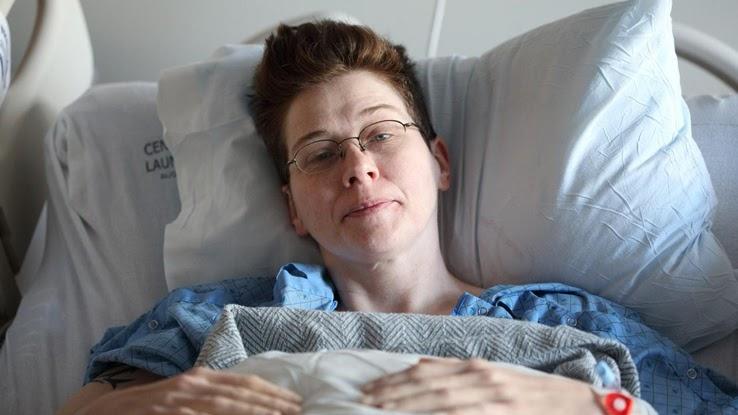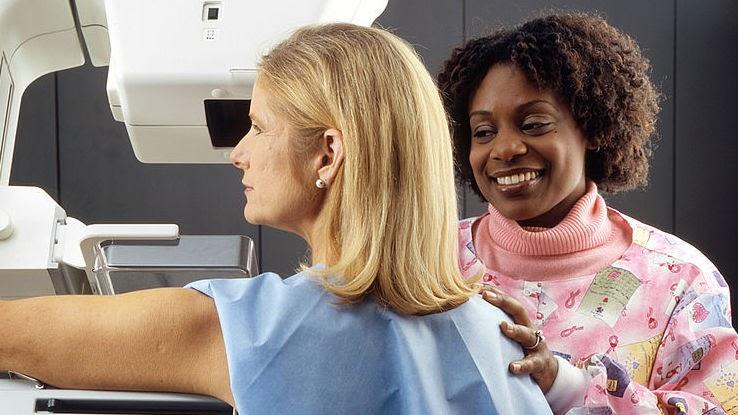
In the United States, cancer is the second-leading cause of death behind heart disease. But the earlier you detect it, the better your chances are for survival. Unfortunately, some people can have cancer without any symptoms, which means regular physical exams are essential for your well-being. It’s also important to pay close attention to your body’s signs, even when they’re minor or easily dismissed.
If you’re experiencing any of the following issues, you may want to make an appointment with your doctor to get things checked out sooner rather than later — especially if you’re at a greater risk for certain types of cancer.
Unusual Bleeding
Sudden or unusual bleeding from various parts of your body may be a sign of cancer. Nosebleeds can stem from cancer of the nasal cavity or from leukemia. Coughing up blood could indicate lung cancer. Bloody discharge from your nipple could be a sign of breast cancer.

It’s also important to check for blood when you go to the bathroom. Bloody stools may indicate colorectal cancer, while cancer of the bladder or kidneys could cause bloody urine. For women, bloody discharge from the vagina when it’s not time for a period could be a sign of cancer in the reproductive organs.
Skin Lumps
If any unusual lumps or bumps appear on or under your skin, get them checked out. This is especially true if they appear on your breasts or under your arms, as these can be signs of breast cancer. For men, lumps in the testicles could be a sign of testicular cancer. Doctors recommend examining your own breasts and testicles for lumps at least once a month.

Persistent Cough
A cough here and there isn’t something to be concerned about, but if it won’t go away, you may want to get it checked out. This is especially true if you also experience hoarseness and if you smoke or are at greater risk for cancer. It could be a sign of lung or throat cancer. Unfortunately, lung cancer often goes undetected during its earliest stages.

Loss of Appetite
Appetite changes can be a sign of many health issues, some of which aren’t as serious as cancer. But if you find that you aren’t hungry for long periods of time, it could be the way cancer is impacting your metabolism, making it harder for your body to break down and digest food. Certain cancers of the digestive system, such as stomach, colon and pancreatic cancers, can also make you feel fuller so that you’re less inclined to eat. In some cases, ovarian cancer may interfere with your appetite.

Extreme Fatigue
Fatigue seems to be a normal way of life for many of us as we navigate our way through working, taking care of our families and taking care of ourselves. But if you feel extra-tired and you take some time to rest and destress but still don’t feel any better, it may be a sign of something more troublesome. Certain types of cancer, like leukemia and colon cancer, can make you anemic. If the number of blood cells in your body is low, it can make you feel tired even after resting.

Unusual Pain
As we age, aches and pains become a normal element of life, but if you have persistent pain that occurs for no particular reason, it could be a warning sign of cancer. Unfortunately, once cancer causes relentless pain, it’s usually in its later stages. Body pains could be a sign of bone cancer, while headaches could be a sign of brain cancer. Ovarian and colorectal cancers can cause back pain.

Unusual Fever
Fever isn’t usually a sign of cancer, but it can be in some circumstances. If you have a temperature of 100.5 degrees Fahrenheit or more for several days, but you don’t have any other symptoms or don’t have any sort of cold or flu, see a doctor. Leukemia, lymphoma, liver cancer and kidney cancer can all cause a fever.






